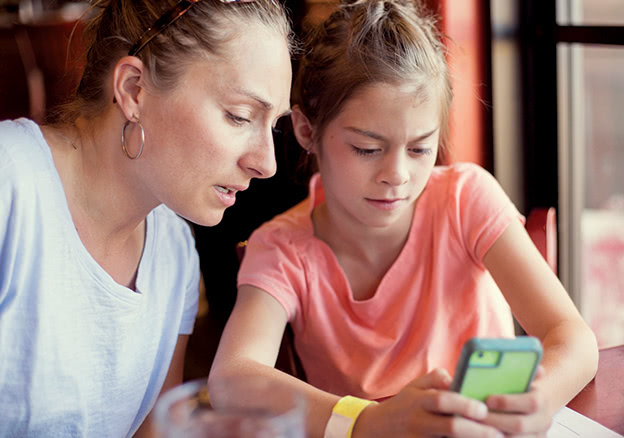
Section
Disasters and Emergencies
After a disaster like an earthquake or flood, you might not get help for several days. You may not have electricity or phone service. Be ready to help your family and those around you. Plan ahead and follow the tips on these pages.
Where to Find Help
Information and referral to services, including food assistance and disaster help.
2-1-1
How to prepare for and deal with disasters.
1-800-525-0321
Things You Can Do
After Any Disaster
Check for injuries and give first aid.
Listen to the radio for instructions.
If you need food, shelter, clothing, or money for basic needs, call your local Red Cross.
Call the Federal Emergency Management Agency or California 2-1-1.
In Case of Fire
Get everyone out of the building. Then call 9-1-1.
Stay close to the floor to get underneath smoke. Crawl out of the burning area.
Do not open a door if the door or doorknob feels warm. Find another way out, or stay where you are and call 9-1-1.
If your clothes catch fire, roll on the floor to put the fire out.
If your child’s clothes catch fire, smother the flames with a blanket or rug.
In Case of an Earthquake
Remember this rule: Drop, cover, and hold on. Look for a way to protect your head and body from falling items without moving around too much. If you are in bed, stay there and protect your head with a pillow.
If you smell gas, get everyone outside and move away from the building. Otherwise, stay indoors until the shaking stops.
If you are outdoors, stay away from buildings, power lines, trees, and street lights.
Checklists
Home Safety Checklist
Use this checklist to make your home ready for your new baby.
Be Prepared for Emergencies
Keep first aid kits in your home and car.
Keep enough food, water, and medicine to last for 3 days.
Know how to turn off your gas, water, and electricity.
If you use medical equipment, such as a respirator, call your utility company and fire department. Ask about emergency backup services.
Make disaster plans with your family and child care provider.
Learn the disaster plans for your child’s school.
Using 9-1-1
Call 9-1-1 when someone needs emergency ambulance or medical help, or urgent help from the fire or police department.
Wait for someone to answer. Do not hang up. Stay calm.
Say exactly where you are. Give the street address, the cross street, and the floor or apartment number.
Use a regular phone, not a cell phone, if you can. That way the operator can trace where you are.
Teach your children when to call 9-1-1.
When to Call Poison Control
Call 1-800-222-1222 if someone has swallowed, breathed, or touched a possible poison.
They will answer the phone right away and tell you what to do.

Teach your children how and when to call emergency services.
Help Prevent Fires
Ask your fire department to make a safety inspection of your home.
If you live in a wildfire area, ask how to make your house and land safe. Ask how you will be notified if there is a fire.
Put in smoke alarms and carbon monoxide alarms. Check that they are working once a month. Change the batteries twice a year, when you change your clocks.
ABC-type fire extinguishers put out oil, electrical, paper, and wood fires. Keep at least one on each floor. And learn how to use it!
What Is a Disaster Plan?
A disaster plan is an agreement with your family and friends in case a disaster happens. Here are the most important parts of a disaster plan:
Talk to your family about disasters that could happen and what to do.
Pick two places to meet after a disaster. The first should be your home, or right outside your home. The other place should be away from your neighborhood. Everyone in your family should know the address and phone number of both places.
Choose a friend or family member who lives outside your area to be your “family contact.” All family members should call this person and tell him where they are.